Christine Krzyszton
Christine Krzyszton
Senior Finance Contributor
355 Published Articles
Countries Visited: 100U.S. States Visited: 45
Christine ran her own business developing and managing insurance and financial services offices. This stoked a passion for points and miles and she now has over 2 dozen credit cards and creates in-dep...
Edited by: Michael Y. Park
Michael Y. Park
Senior Editor and Content Contributor
44 Published Articles 878 Edited Articles
Countries Visited: 60+U.S. States Visited: 50
Michael Y. Park is a journalist living in New York City. He’s traveled through Afghanistan disguised as a Hazara Shi’ite, slept with polar bears on the Canadian tundra, picnicked with the king and que...
& Kellie Jez
Kellie Jez
Director of Operations & Compliance
6 Published Articles 1292 Edited Articles
Countries Visited: 10U.S. States Visited: 20
Kellie’s professional experience has led her to a deep passion for compliance, data reporting, and process improvement. Kellie’s learned the ins and outs of the points and miles world and leads UP’s c...
![The 12 Best No Foreign Transaction Fee Credit Cards for Travelers [2025]](https://upgradedpoints.com/wp-content/uploads/2022/11/Credit-Cards-in-Wallet-Suitcase-Upgraded-Points-LLC.jpg?auto=webp&disable=upscale&width=1200)


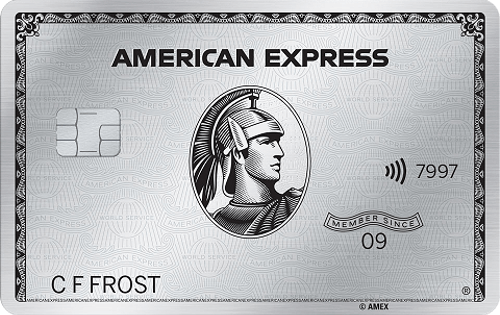
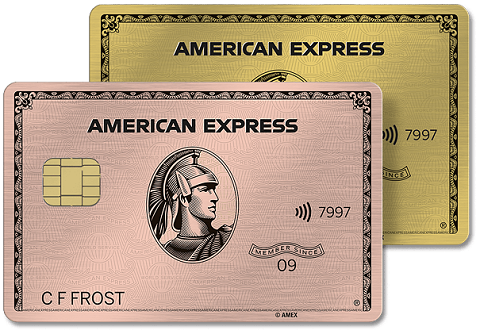
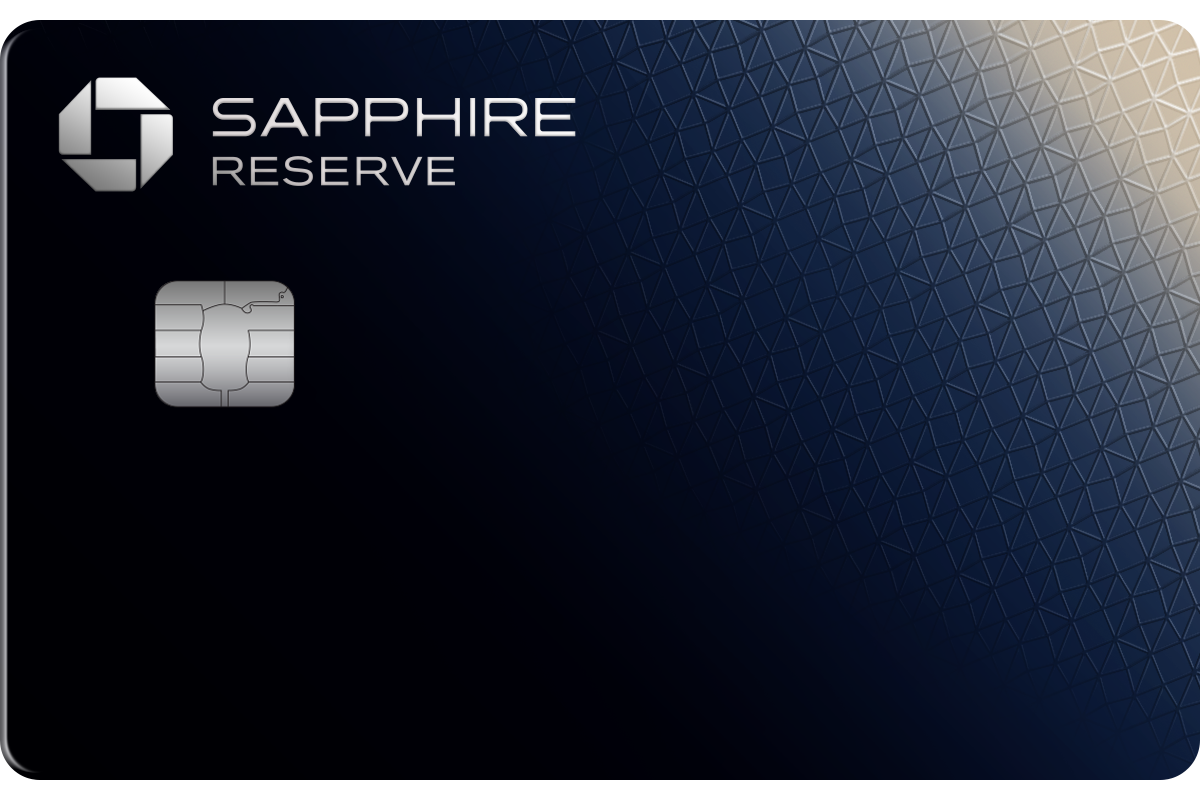
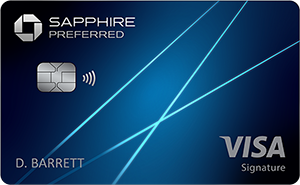

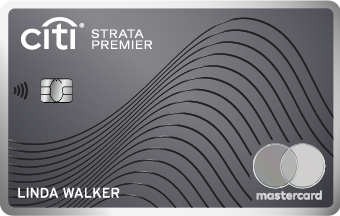




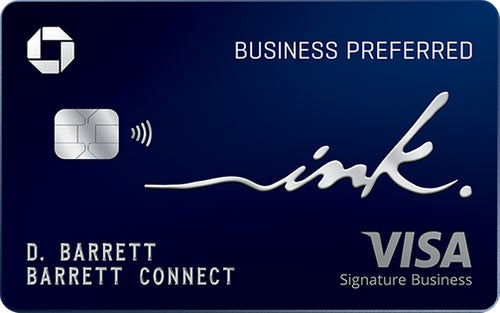
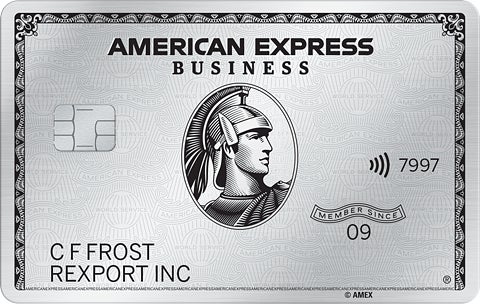

![The JetBlue Card — Full Review [2025]](https://upgradedpoints.com/wp-content/uploads/2018/02/JetBlue-Card.png?auto=webp&disable=upscale&width=1200)
![Chase Freedom® Credit Card — Full Review [2025]](https://upgradedpoints.com/wp-content/uploads/2019/11/Chase-Freedom-Card.png?auto=webp&disable=upscale&width=1200)
![The World of Hyatt Credit Card – Full Review [2025]](https://upgradedpoints.com/wp-content/uploads/2018/03/World-of-Hyatt-Credit-Card.png?auto=webp&disable=upscale&width=1200)
![The 16 Best Secured Credit Cards For Those With Bad Credit [or No Credit]](https://upgradedpoints.com/wp-content/uploads/2018/07/Collection-of-Credit-Cards-Wallet-on-table.jpg?auto=webp&disable=upscale&width=1200)